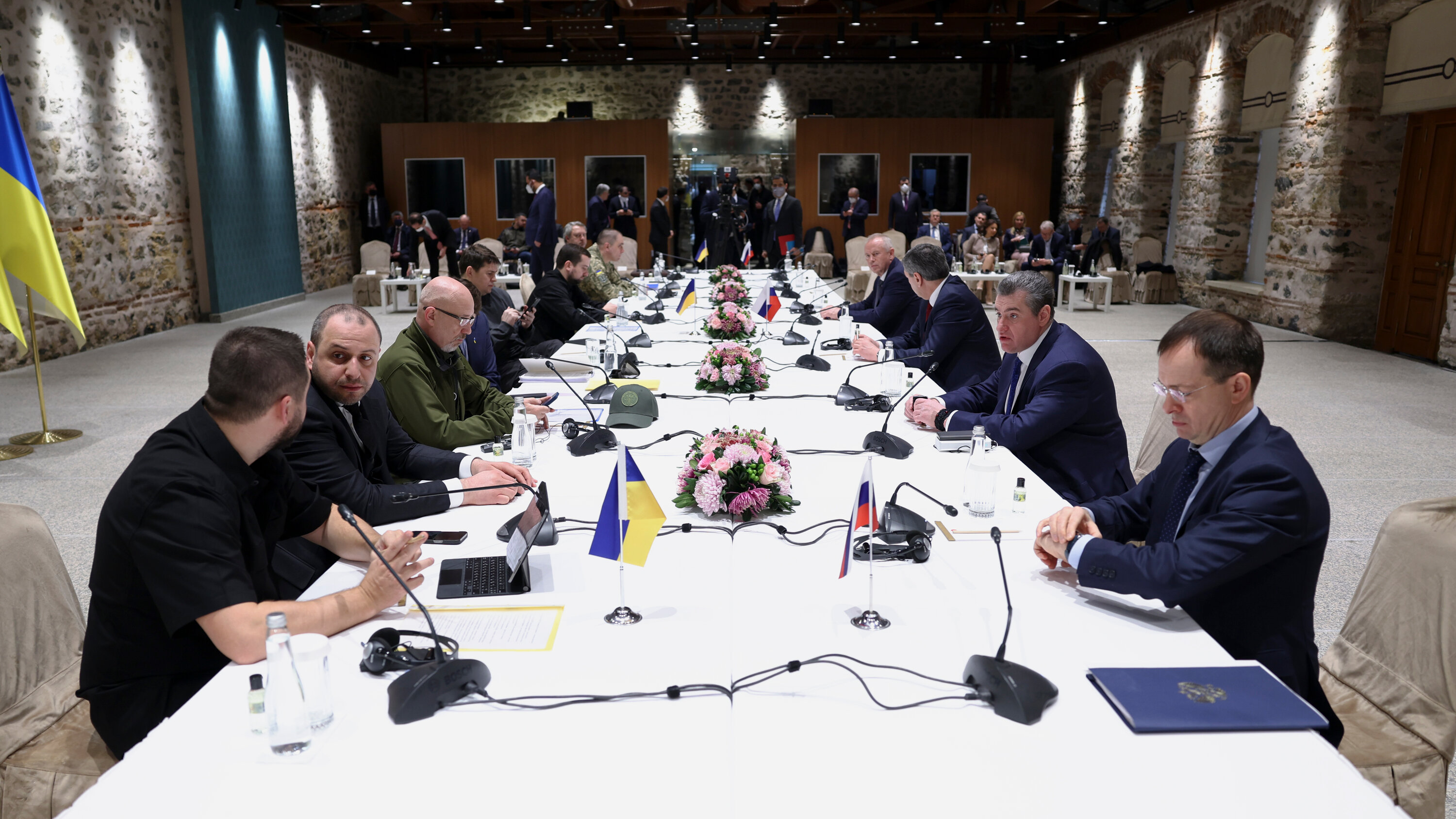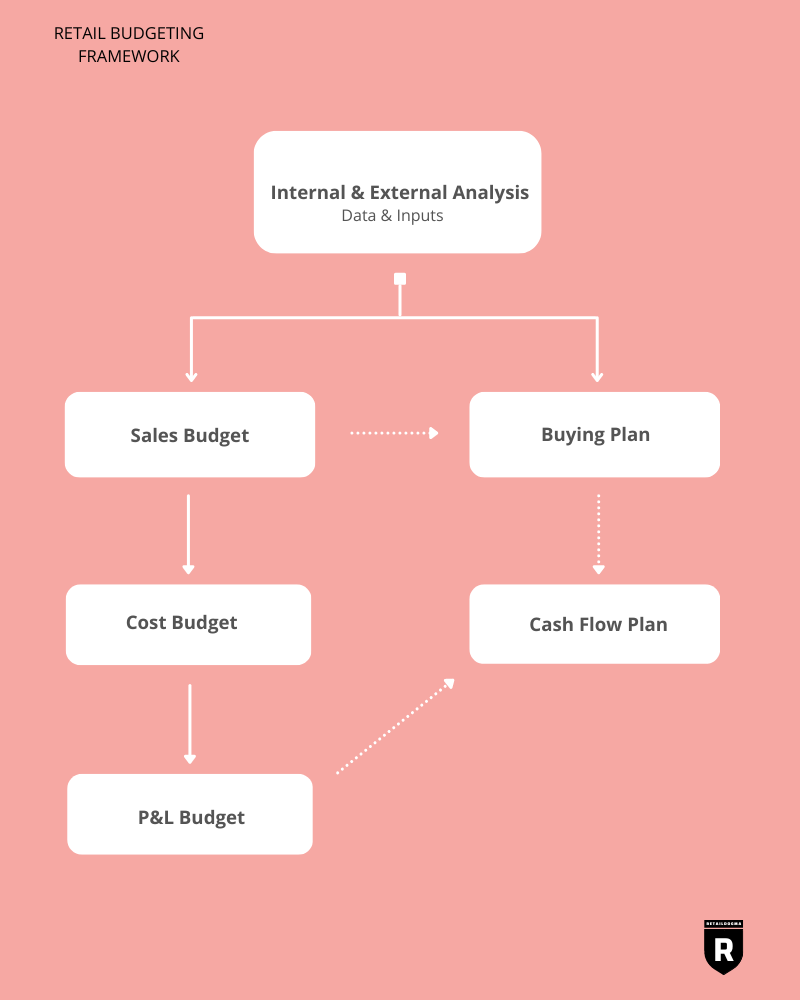Iran Nuclear Deal: Latest Talks End Without Breakthrough

Table of Contents
Key Obstacles Preventing a Deal
Several critical obstacles prevented a breakthrough in the recent Iran nuclear negotiations. These challenges highlight the deep complexities and entrenched positions of the parties involved.
Differing Interpretations of the JCPOA
One of the primary hurdles is the differing interpretations of the JCPOA itself. Iran and the remaining signatories (the US, UK, France, Germany, Russia, and China) hold contrasting views on several key aspects of the agreement. This divergence in understanding fuels mistrust and hinders the path towards a mutually acceptable resolution.
- Points of Contention:
- Uranium Enrichment Levels: Disagreements persist over the permissible level of uranium enrichment for Iran. Iran argues for a higher level, while other nations remain concerned about its potential to develop nuclear weapons.
- Sanctions Relief: The scope and timing of sanctions relief remain contentious. Iran insists on comprehensive sanctions removal as a precondition for full compliance, while other nations advocate for a phased approach linked to Iran's actions.
- Verification Mechanisms: Concerns remain about the effectiveness and scope of the mechanisms to verify Iran's compliance with the agreement. Differing interpretations of these mechanisms further complicate the process.
"We need a verifiable guarantee that future US administrations will not repeat the mistakes of the past," a senior Iranian official recently stated, highlighting the deep-seated mistrust.
The Role of US Sanctions
US sanctions imposed on Iran have significantly impacted its economy and played a substantial role in the stalled negotiations. These sanctions, though partially lifted under the original JCPOA, have been reimposed and expanded since the US withdrawal in 2018.
- Impact of Sanctions:
- Economic hardship: The sanctions have severely crippled Iran's economy, impacting its oil exports, financial sector, and access to international markets.
- Nuclear program: The economic pressure has arguably pushed Iran towards accelerating its nuclear program.
- Guarantees: Iran demands ironclad guarantees that future US administrations will not unilaterally withdraw from the agreement, a demand complicated by the US political landscape.
The sanctions' impact goes beyond the economic sphere; they fuel distrust and create obstacles to finding common ground in the negotiations.
Concerns Regarding Iran's Nuclear Advancements
Since the US withdrew from the JCPOA in 2018, Iran has made significant advancements in its nuclear program, raising concerns within the international community. These advancements complicate the path back to the 2015 agreement.
- Iran's Nuclear Progress:
- Uranium enrichment: Iran has significantly increased its uranium enrichment capacity and purity levels.
- Advanced centrifuges: Iran has developed and deployed advanced centrifuges, capable of enriching uranium much faster.
- Stockpiles: Iran has accumulated significantly larger stockpiles of enriched uranium.
These advancements raise serious concerns about Iran's potential to develop nuclear weapons, thus increasing the urgency for a comprehensive agreement.
Potential Implications of the Stalemate
The failure to revive the JCPOA carries significant implications for regional stability, nuclear proliferation, and the global economy.
Increased Regional Instability
The ongoing stalemate increases the risk of heightened tensions and potential conflicts in the already volatile Middle East. The absence of a deal could embolden Iran's rivals and lead to further escalation of regional proxy wars.
- Potential Scenarios:
- Increased military activity: A lack of a deal may lead to increased military activity and an arms race in the region.
- Heightened regional tensions: The stalemate could further inflame existing tensions between Iran and its neighbors.
Nuclear Proliferation Risks
The failure to revive the JCPOA significantly increases the risk of nuclear proliferation in the Middle East. This could set a dangerous precedent, potentially encouraging other nations to pursue nuclear weapons.
- Consequences:
- Regional nuclear arms race: Other countries in the region may feel compelled to develop their nuclear capabilities.
- Weakening of non-proliferation efforts: The failure to contain Iran's program undermines international efforts to prevent nuclear proliferation.
Impact on Global Energy Markets
The stalemate also carries the potential to impact global oil prices and energy security. A resurgence of Iran's nuclear program could lead to uncertainty in oil markets, potentially causing price volatility.
- Economic Effects:
- Oil price volatility: Uncertainty surrounding Iran's nuclear program could create instability in global oil markets.
- Increased energy insecurity: The situation could exacerbate global energy insecurity and impact international trade.
Conclusion
The latest round of Iran nuclear deal negotiations has ended without a breakthrough, highlighting significant obstacles and increasing concerns about regional stability and nuclear proliferation. The differing interpretations of the JCPOA, the impact of US sanctions, and Iran's nuclear advancements all contributed to the stalemate. The future of the Iran nuclear deal remains uncertain, demanding continued diplomatic efforts to find a solution that addresses the concerns of all parties involved. Continued vigilance and informed understanding of the Iran nuclear deal are crucial for navigating the complexities of international relations and ensuring global security. Stay informed about further developments regarding the Iran nuclear deal and the ongoing negotiations. Understanding the intricacies of the Iran nuclear deal is vital for navigating the complexities of international relations and global security.

Featured Posts
-
 Nascar Phoenix Race Bubba Wallace Suffers Brake Failure Crashes
Apr 28, 2025
Nascar Phoenix Race Bubba Wallace Suffers Brake Failure Crashes
Apr 28, 2025 -
 Professional Selling And Retail Buying A Market Reaction Analysis
Apr 28, 2025
Professional Selling And Retail Buying A Market Reaction Analysis
Apr 28, 2025 -
 Tecno Universal Tone
Apr 28, 2025
Tecno Universal Tone
Apr 28, 2025 -
 Espn Predicts A Surprising Red Sox Outfield For 2025
Apr 28, 2025
Espn Predicts A Surprising Red Sox Outfield For 2025
Apr 28, 2025 -
 New Sponsor Joins Bubba Wallace And 23 Xi Racing Team
Apr 28, 2025
New Sponsor Joins Bubba Wallace And 23 Xi Racing Team
Apr 28, 2025
Latest Posts
-
 Chantal Ladesou Et Ines Reg Le Clash Continue C Est Une Bagarreuse
May 12, 2025
Chantal Ladesou Et Ines Reg Le Clash Continue C Est Une Bagarreuse
May 12, 2025 -
 Le Refuge Parisien De Chantal Ladesou Et Sa Belle Fille
May 12, 2025
Le Refuge Parisien De Chantal Ladesou Et Sa Belle Fille
May 12, 2025 -
 La Nouvelle Attaque De Chantal Ladesou Contre Ines Reg Fait Scandale
May 12, 2025
La Nouvelle Attaque De Chantal Ladesou Contre Ines Reg Fait Scandale
May 12, 2025 -
 Une Matinee Exceptionnelle A La Vente Des Vins De Nuits Saint Georges Avec Candeloro Et Ladesou
May 12, 2025
Une Matinee Exceptionnelle A La Vente Des Vins De Nuits Saint Georges Avec Candeloro Et Ladesou
May 12, 2025 -
 Chantal Ladesou Et Sa Famille Des Moments Precieux Hors De Paris
May 12, 2025
Chantal Ladesou Et Sa Famille Des Moments Precieux Hors De Paris
May 12, 2025
